As a leader in the skilled trades, there’s more to a successful career than mastering technical skills and proving your worth in the field. You can be the absolute best HVAC technician there is, but if you don’t know how to promote your business, resolve conflict, or lead a team, you’ll likely struggle to grow in your role.
To become a leader and manage a business in the trades industry, these are some of the skills you’ll need to master.
Communication Skills
Clear communication is the bedrock of any good business. Effective communication plays a big role with customers — scheduling, setting expectations for service in terms of what can and can’t be done, explaining any changes in service that come up, and walking through pricing. You’ll need to be able to translate your technical knowledge into everyday language — remember, the parts and services you deal with every day are likely a once-a-year occurrence (if that) for your customers.
Clear communication with your team is also essential. With team members, you’ll need to be able to communicate goals, schedules, and service expectations clearly and concisely while still keeping things constructive to build rapport.
There may be other stakeholders you’ll need to communicate with along the way, like contractors, permitters, etc. Overall, remember to keep things professional but friendly, tailor your communication to their preferences (text, email, phone call; direct, conversational, formal), and try to leave no room for interpretation. If you particularly struggle with written communication, it might be helpful to have someone read over your work before sending it to make sure it’s easy to understand.
Problem-Solving and Critical Thinking
The sign of stellar customer service is the ability to identify a problem before it arises and take care of it in a way that works for everyone. Don’t get stuck recommending the same solution to every client—analyze each situation and think through the best way to solve the problem (get creative!). Sometimes, this can mean making the best decision under pressure to keep projects on track.
It’s also a good idea to instill these skills in your employees to create autonomous tradespeople. While you want to create a team environment of open communication, you don’t want your employees to call you with every small question—they should know what kind of tool to use! Practice role-playing situations with your team to come up with different solutions and help them think critically.
Conflict Resolution
No matter how good you are at your trade, conflict will always arise: maybe you receive a callback from an angry client, two technicians disagree on how to do a job correctly, or a project goes over budget through no fault of your own. Conflict is inevitable, but it doesn’t have to result in disaster.
Successful conflict resolution is finding amicable solutions that maintain cohesion and keep the project moving forward. A key point here is to make sure everyone in the disagreement feels heard rather than ignored. Unless they have made a serious error, try to acknowledge their point of view or what they’re feeling as opposed to flatly saying they are wrong. For example, a residential customer may not want to spend the quoted amount on the seasonal maintenance you intend to provide on their outdoor AC unit. Instead of disagreeing with them, acknowledge their feelings, and reiterate the importance of maintenance in lengthening a unit’s lifespan and performance.
Customers lean on trade professionals to understand what decisions to make when it comes to the health and maintenance of the systems that heat and cool their homes, but at the end of the day, it’s their decision to make. What’s important to remember is that some customers won’t be able to understand what you are doing if you don’t explain it to them, so be descriptive and always remember to explain the “why.”
Safety Management
Establishing a safe work environment is one of the most effective ways of protecting your most valuable asset: your workers. Losing a team member to illness or injury, even just for a short time, can cause significant disruption and cost for your business–hindering your productivity and business success.
As a leader in the trades space, it’s important to build a safety and health program that fosters a proactive approach to finding and fixing job site hazards before they can cause injury or illness. Rather than reacting, you can work with your team to identify and solve issues before they even occur. A good example of being more proactive is ensuring that your team has the correct training and development in place to get OSHA (Occupational Safety and Health Administration) certified. From entry-level OSHA general industry basics to industry-specific OSHA construction workplace hazards, this training provides expert guidance and occupational safety and health standards for a mix of industry careers and experience levels.
Emphasize that you care about everyone’s safety and that this is not an area to cut corners, even if it means a job takes longer or becomes more expensive.
Customer Service Skills
The best advertising is often word of mouth. So, the happier your customers are, the more business you’ll get.
How do you get happy clients? Do a thorough intake to determine the problems that need solving. Set clear expectations (using your communication skills) of how you can help and on what timeline and budget. Maintain clear and open communication throughout the engagement. And finally, follow up to make sure your clients’ needs were met and they were satisfied with the service. If they are unhappy, see what you can reasonably do to make it right—sometimes the best relationships come from showing that you are willing to take this extra step.
If you exceed your clients’ expectations, they may be willing to do the same for you, by sending referrals your way, becoming repeat customers, or writing a positive review.
Time Management
Yes, time management means creating effective scheduling procedures within your business so your employees are clear on where they need to be and at what time. However, it also means optimizing productivity and deadlines for the team—making sure you’re not bogging down seasoned employees with simple or bureaucratic tasks or sending one person to do a job that needs three people.
You want to deliver projects on time and on budget, so be sure to do a thorough intake to create a clear estimate, and allocate resources appropriately.
Team Leadership
This is perhaps the most important skill for those running a business. You can’t do everything yourself if you want to grow and scale, and you’ll need to make sure your employees enjoy working for you.
Creating a positive work environment means using all the skills mentioned above to make sure everyone knows what you expect from them. However, you can take it a step further to help employees grow in their careers with mentorship and a culture of training and development. Helping your employees get better at their jobs and learn new skills will motivate them to stay with you–an investment in your employees or technicians is an investment in the business.
Thankfully, Interplay does the heavy lifting when it comes to helping you build a culture of training. With Interplay, you can level up your training game, and provide endless opportunities for your team to develop and grow. We not only help you identify skill gaps in your employees but also give you the digital tools you need to create the training you need. Our collaborative tools let you customize your training and put your employees on a clear learning path.
Take the Next Step In Your Leadership Journey
Everyone can learn to lead. But you can get a head start if you master these skills. When mastered, you’ll go from a skilled trades leader to a savvy business owner who can navigate the complexities of the job, manage a team effectively, and deliver high-quality work while ensuring the safety and satisfaction of both your team and clients.
How are you playing to your team’s strengths, developing their skills, restoring confidence, and building a more productive workforce? By providing consistent and quality training, setting clear expectations, and identifying the needs of your business early on, you can set up your teams and your company for success.
Interplay offers 400+ hours of online expert-led instruction and hands-on 3D simulations. Our award-winning video and simulation-based courses for the essential skilled trades help workers learn the critical thinking skills needed to ramp and upskill quickly. We help you give workers hands-on learning from any device or in virtual reality to create a more impactful and effective learning experience–taking your leadership skills to the next level.








